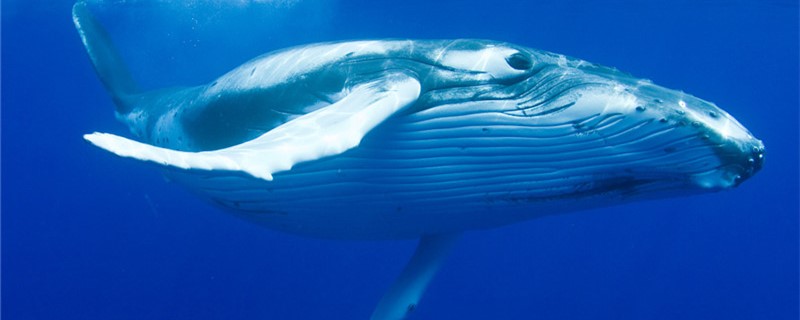
Both humpback whales and killer whales belong to whales. In terms of size, humpback whales can be larger than killer whales, and sometimes much larger. But in terms of intelligence and teamwork, humpback whales are inferior to killer whales. So a humpback whale can kill a killer whale, but generally not a group of killer whales. But even a pod of orcas wouldn't dare mess with an adult humpback whale. They might attack the calf, but they wouldn't touch the adult. Humpback whales are generally not afraid of killer whales, and they even interfere with humpback whale hunting.
Killer whales are the real overlords in the ocean, and even fierce sharks may become their food, and most fish dare not rashly approach killer whales. Strangely, however, humpbacks dare to interfere with killer whale hunting, and sometimes directly rescue killer whale prey. Biologists have specifically studied this phenomenon and found that there are two possible reasons:
1. Protection of the same species and the calf: Researchers studying humpback whales have found that killer whales sometimes bully humpback whale calves, or humpback whale weaker companions. So when humpback whales sense that killer whales are hunting, they will rush to rescue them, but at this time they do not know who the prey is, but are afraid of missing their own kind and cubs that need to be protected. When humpback whales find that they are not their own kind or young, they will also rescue them.
2. Pure revenge: Some biologists have found that humpback whales also have complex emotions, and interfering with killer whales' predation is just pure revenge of humpback whales. Because humpback whale calves are often bullied by killer whales, humpback whales choose the right time to take revenge.